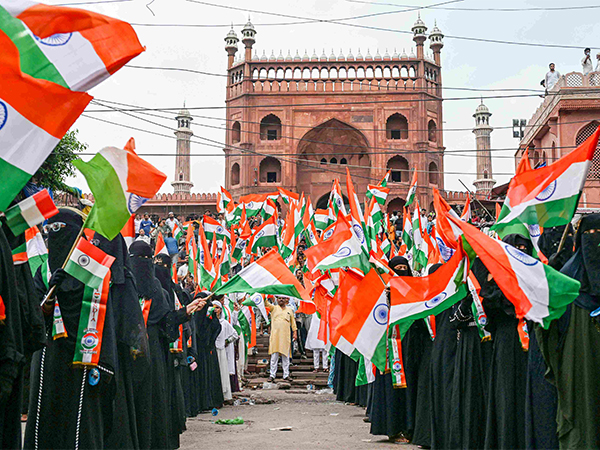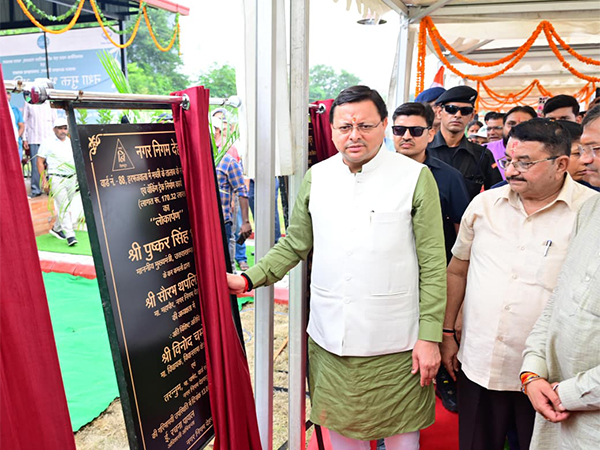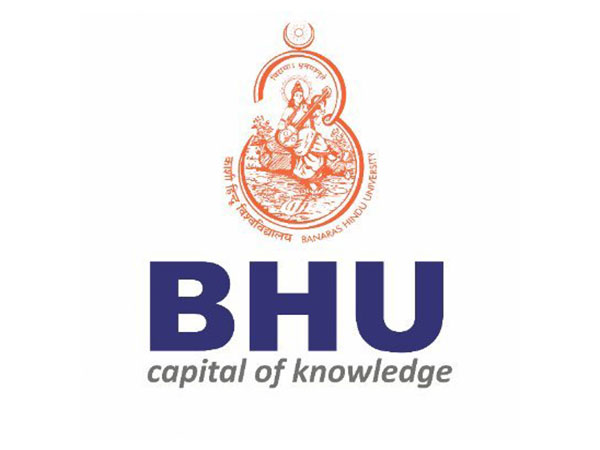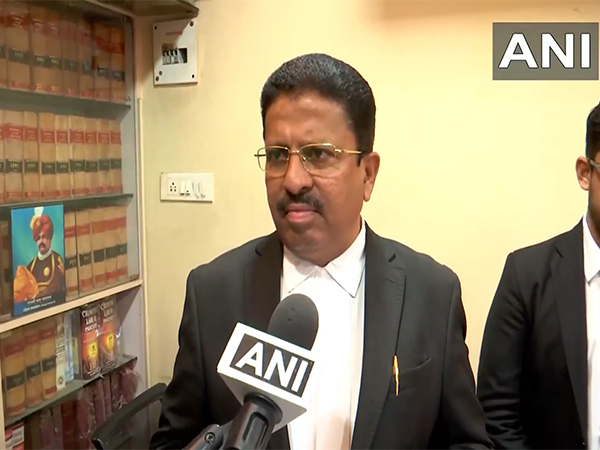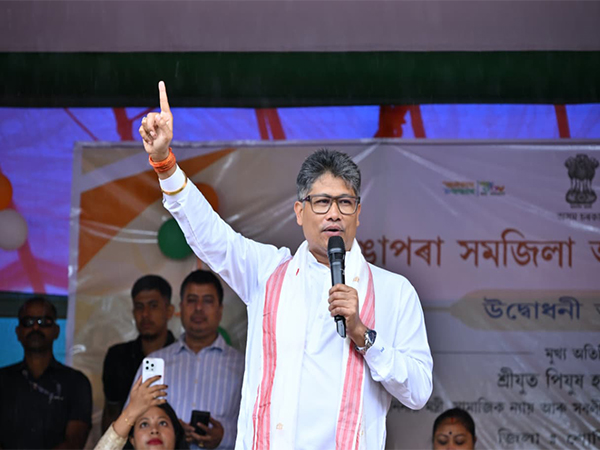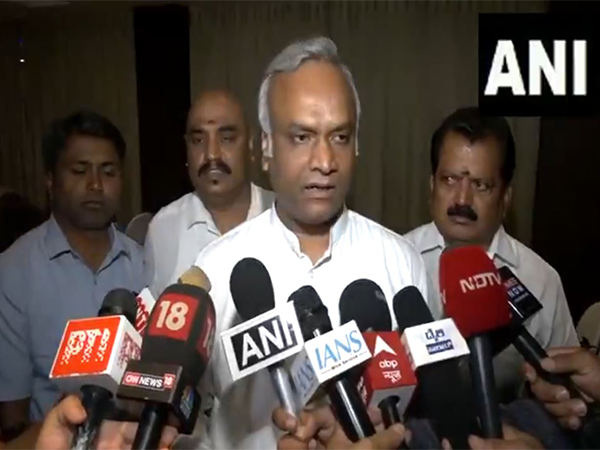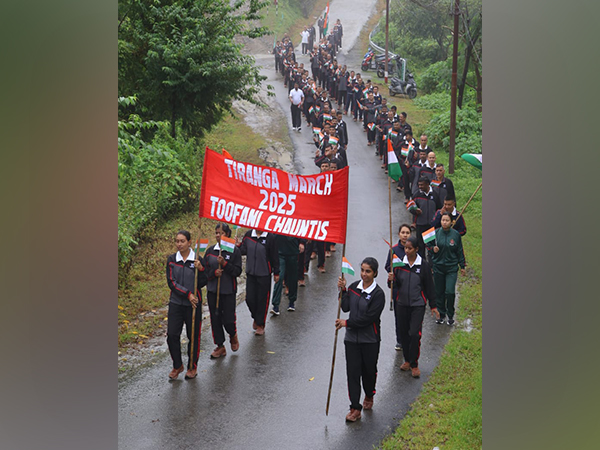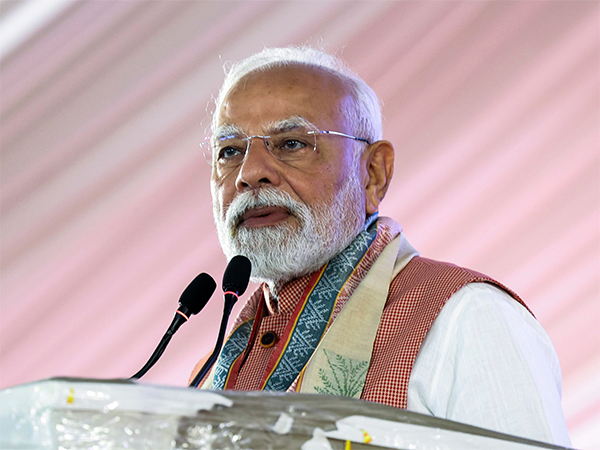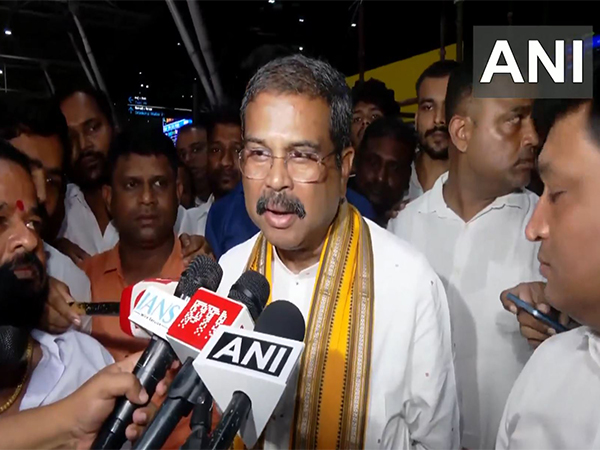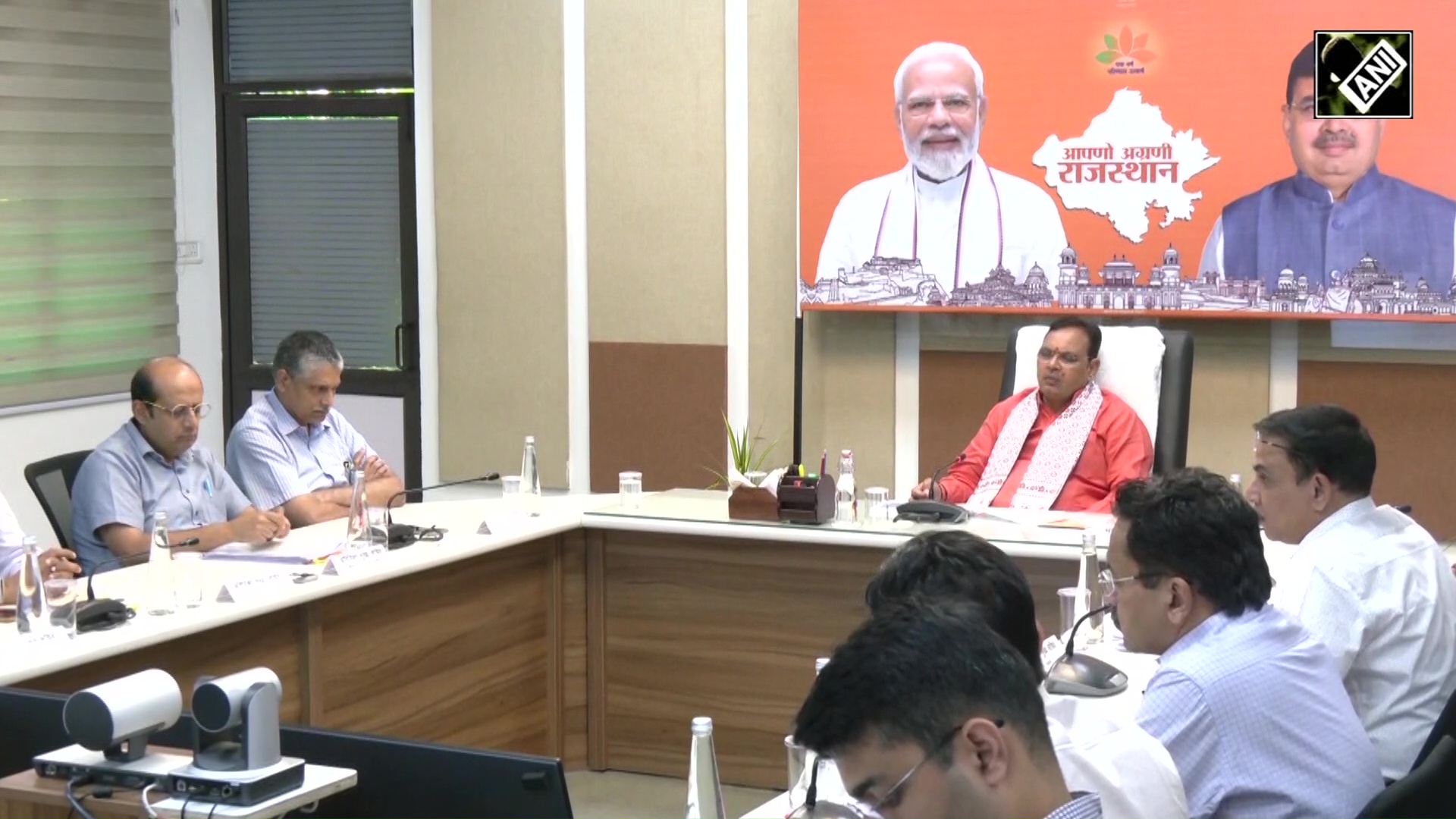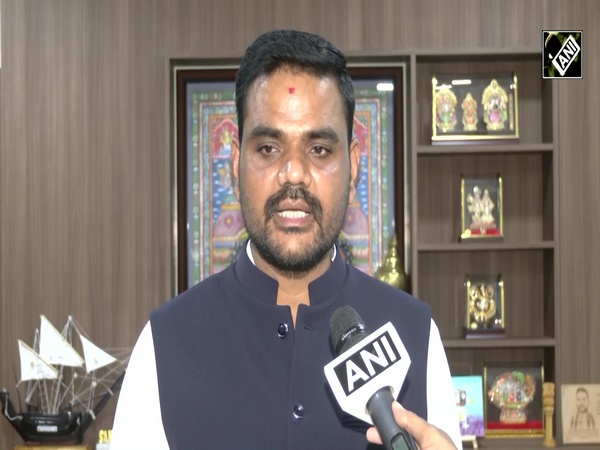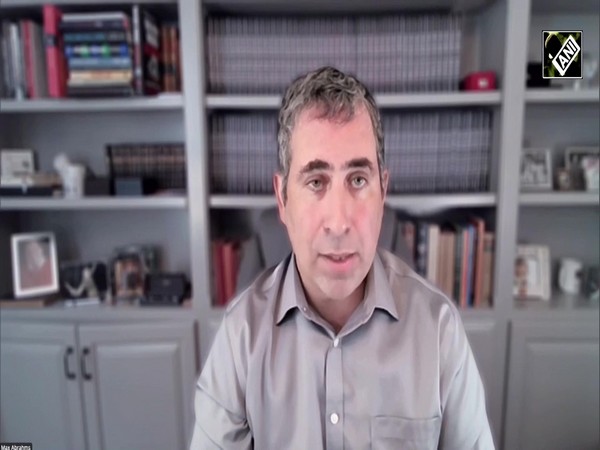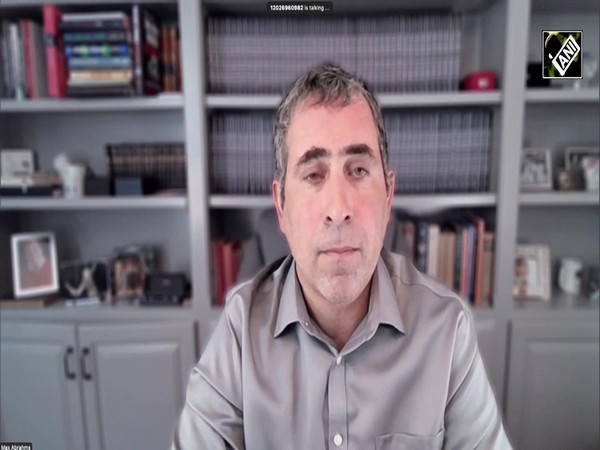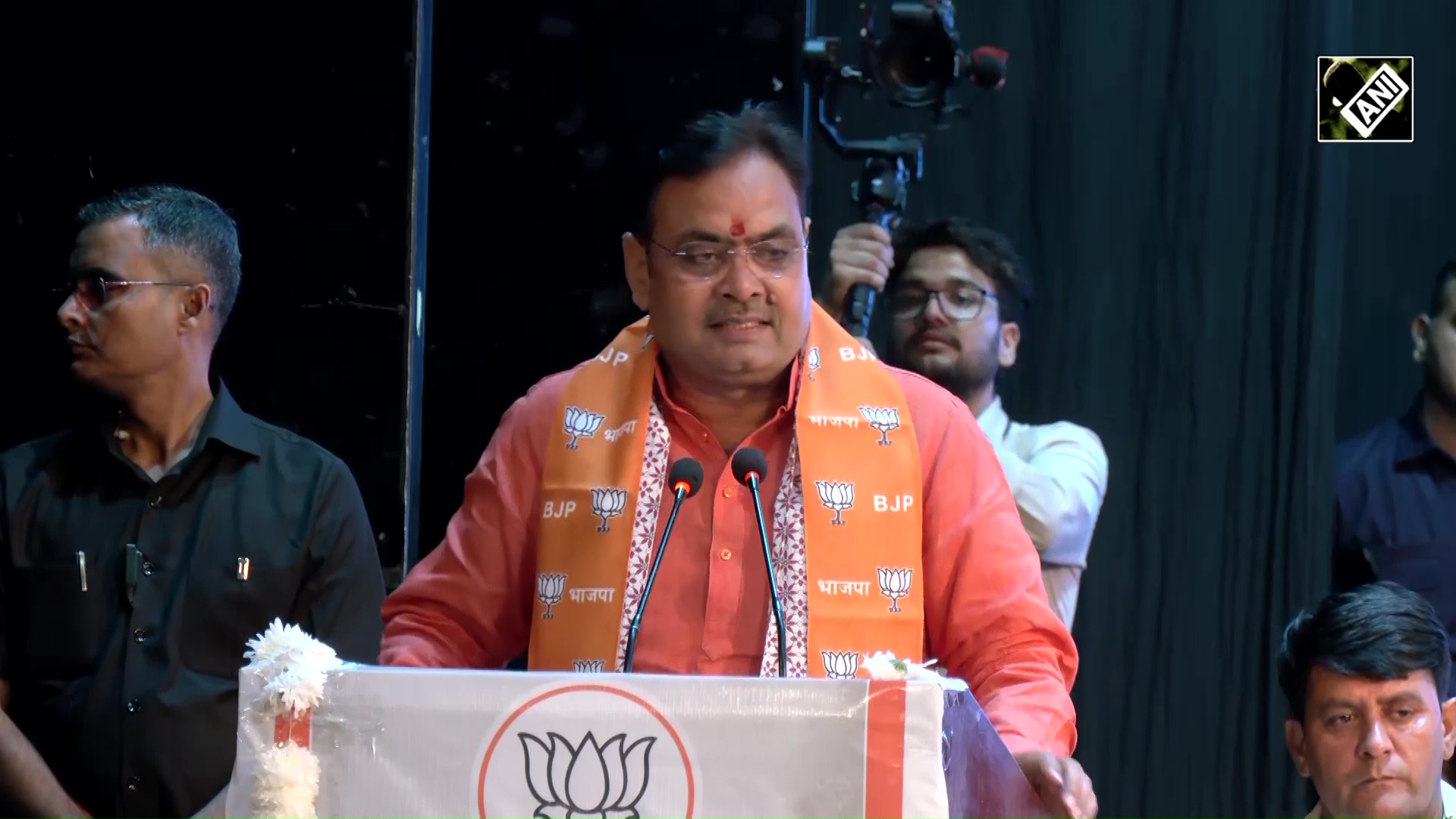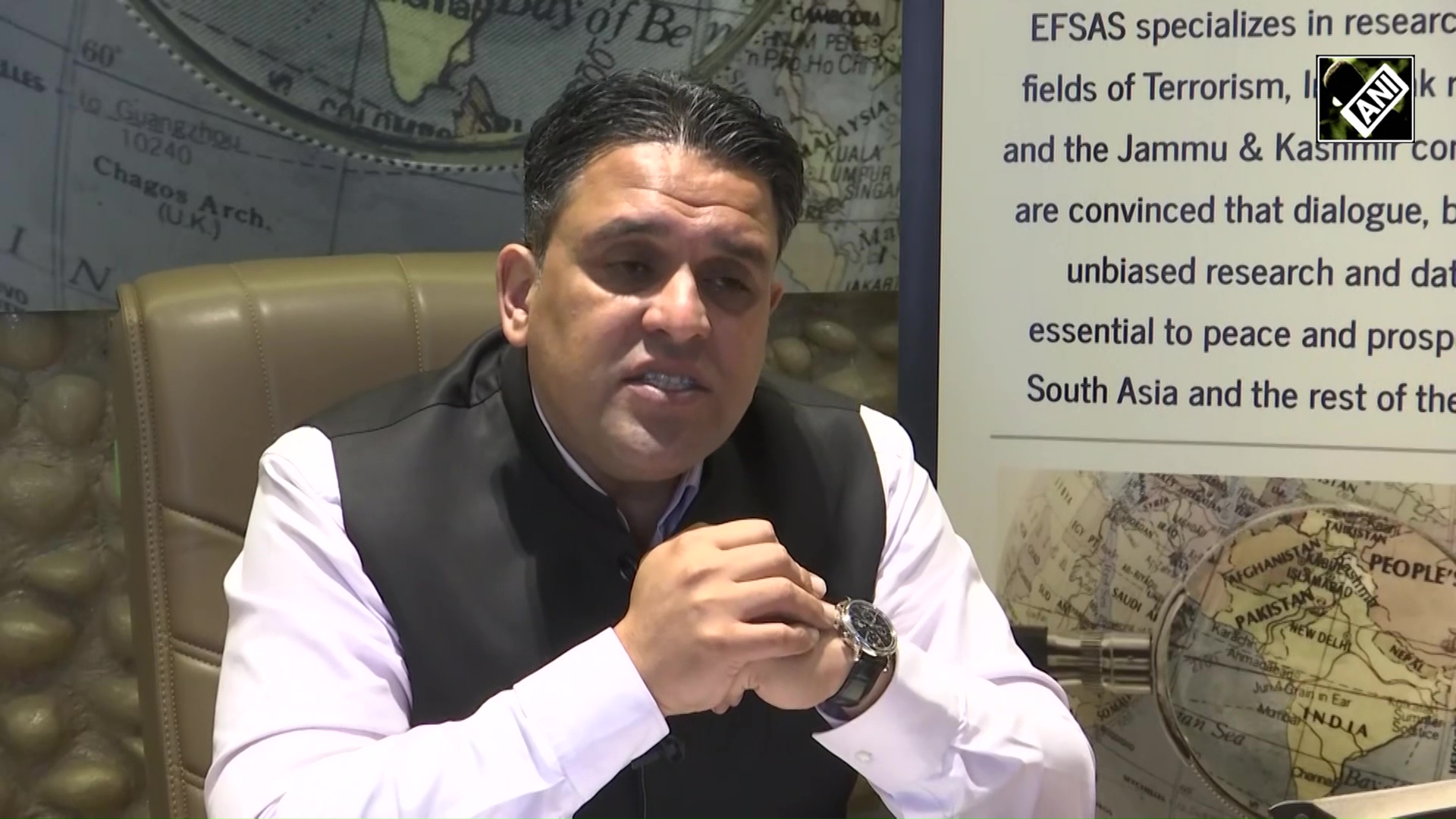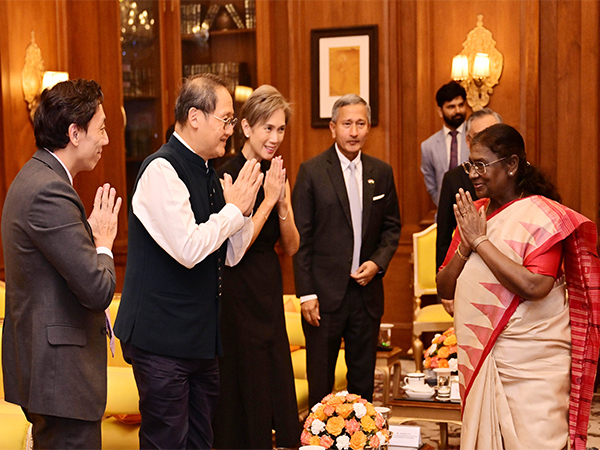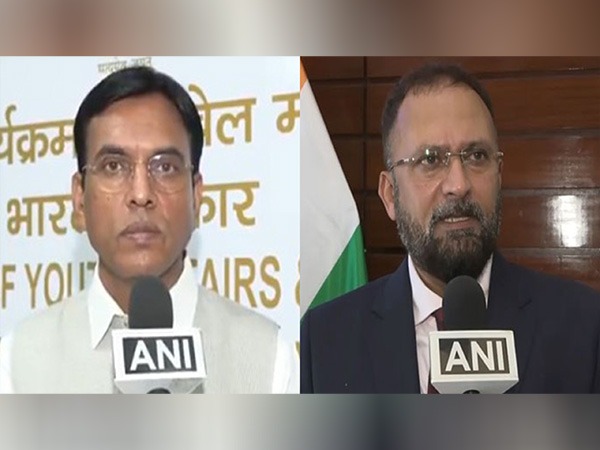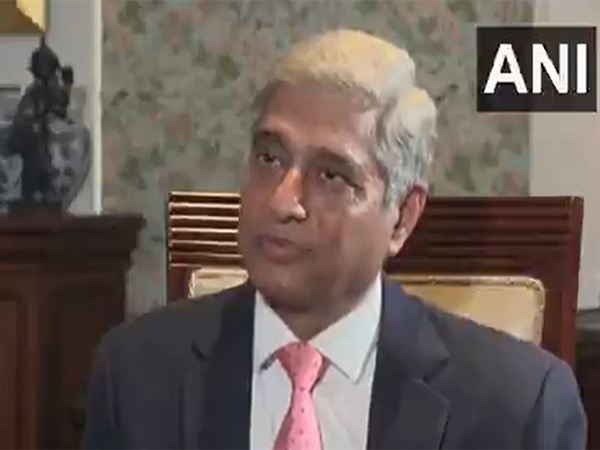
Pakistan rattled by India suspending Indus Waters Treaty, is resorting to nuclear blackmail: Former diplomat Vikas Swarup
Aug 13, 2025
New Delhi [India], August 13 : Former diplomat Vikas Swarup said on Wednesday that Pakistan is rattled by India suspending the Indus Waters Treaty and Pakistan Army Chief Asim Munir has tried to stoke fear of nuclear war because Islamabad always wants external mediation.
In an interview with ANI, Vikas Swaroop, a former High Commissioner to Canada, said US has imposed tariffs on India but it is the "Tariff King" of the world and said steps being taken by the US President Donald Trump will eventually lead to ratcheting up inflation in America.
He said Pakistan is heavily dependent on the water of the rivers covered by the Indus Waters Treaty.
Referring to recent remarks of Asim Munir, he said Pakistan is deliberately provoking nuclear blackmail just so that they can catch the attention of the world.
India took a string of measures against Pakistan after the Pahalgam terror attack and put the Indus Waters Treaty in abeyance. India also carried out Operation Sindoor and conducted precision strikes on terror infrastructure in Pakistan and PoJK. India repelled subsequent Pakistani aggression and pounded its airbases.
"Pakistan is rattled by our putting in suspension the Indus Waters Treaty. Pakistan is heavily dependent on the waters of those rivers...So, what it is threatening is that if India builds a dam, which is not happening immediately, we are going to destroy those dams; we are going to send our missiles and destroy those dams. It is easier said than done...What he (Asim Munir) always tries to stoke is the fear of a nuclear war between India and Pakistan because Pakistan always wants external mediation...They are deliberately provoking nuclear blackmail just so that they can catch the attention of the world..." Vikas Swarup told ANI.
India had slammed remarks of Pakistani Chief of Army Staff during his visit to the United States in which he had made nuclear threat.
"Our attention has been drawn to remarks reportedly made by the Pakistani Chief of Army Staff while on a visit to the United States. Nuclear sabre-rattling is Pakistan's stock-in-trade," MEA spokesperson said on Monday.
"The international community can draw its own conclusions on the irresponsibility inherent in such remarks, which also reinforce the well-held doubts about the integrity of nuclear command and control in a state where the military is hand-in-glove with terrorist groups. It is also regrettable that these remarks should have been made from the soil of a friendly third country," the spokesperson added.
The spokesperson asserted that India has already made it clear that it will not give in to nuclear blackmail and will continue to take all necessary steps to safeguard its national security, the MEA spokesperson affirmed.
Munir threatened India, stating that Islamabad would plunge the region into nuclear war and could take "almost half of the world" down if faced with an existential threat in a future conflict with New Delhi.
He also said that Islamabad will defend its water rights "at all costs" if India proceeds with dam construction on the Indus River.
"We will wait for India to build a dam, and when they do so, we will destroy it," Munir told members of the Pakistani-American community in Tampa, Florida, according to a report published today in The Dawn.
Following the Pahalgam terror attack, India had announced Indus Waters Treaty of 1960 will be held in abeyance with immediate effect, until Pakistan credibly and irrevocably abjures its support for cross-border terrorism.
India's decision has far-reaching consequences for Pakistan, a country heavily dependent on the Indus river system for 80% of its 16 million hectares of agricultural land and 93% of its total water use. This system supports 237 million people and contributes one-fourth of Pakistan's GDP through crops like wheat, rice, and cotton.
Vikas Swarup, a noted author, also lauded the government for not succumbing to apparent US pressure to give greater market access to agriculture and dairy sectors in the BTA negotiations with the United States.
US President Donald Trump has imposed 50 per cent tariffs on Indian goods. He announced 25 per cent tariffs on Indian goods plus an unspecified penalty in July, even as there were hopes of an interim India-US trade deal that would have otherwise helped avoid elevated tariffs. A few days later, he imposed another 25 per cent tariff, taking the total to 50 per cent, over India's imports of Russian oil.
"If you cave in to a bully then the bully will increase his demands. Then there will be even more demands. So, I think we have done the right thing. India is too large, too proud a country to become a camp follower of any other country. Our strategic autonomy has been the bedrock of our foreign policy right from the 1950s. I don't think that any Govt in Delhi can compromise on that," Vikas Swarup said on the tariff rift between India and the US.
"US called India a 'Tariff King'. But now the 'Tariff King' in the world is the United States because our average tariff is about 15.98%. The US tariff today is 18.4%. So, it is now the 'Tariff King' of the world. But the fact is, tariffs are bringing in money. They will bring in about a 100 billion dollars a year for the US. But the issue is that eventually who will pay for these tariffs? By American consumers. So, what's going to happen is this is going to ratchet up inflation in America, it's going to ratchet up prices in America. I think that's when the chickens will come home to roost," he added.
